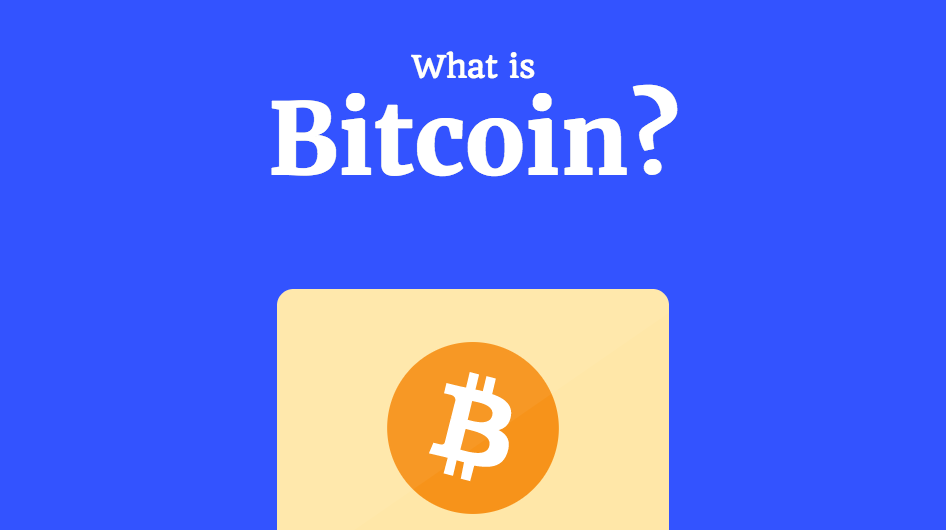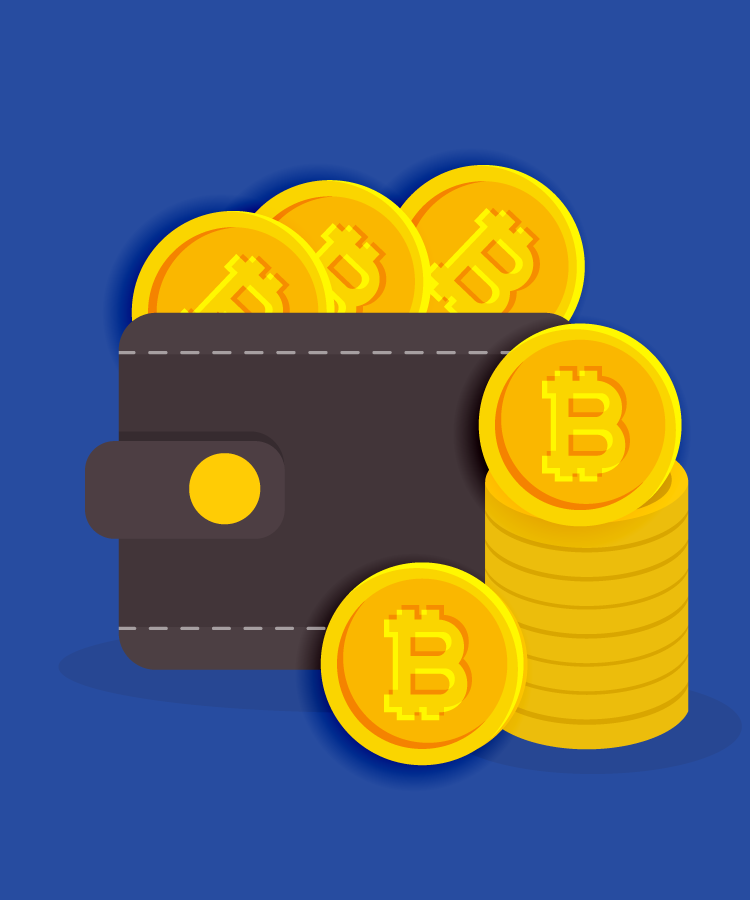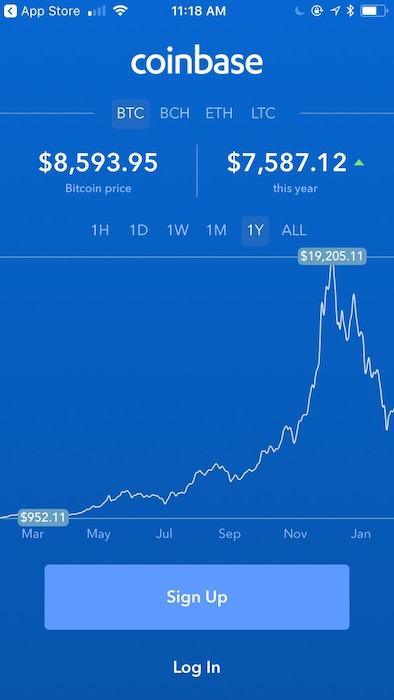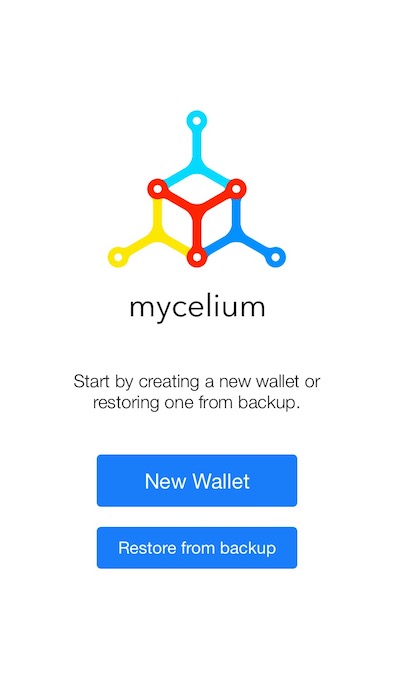Buying Bitcoins
Even if you’re not a bitcoin miner, acquiring bitcoins is an easy process. Most people buy bitcoins on an exchange using fiat currency (dollars, euros, etc.). The largest of these exchanges being Coinbase, although, there are a number of other reputable cryptocurrency exchanges.
You can purchase bitcoins and other cryptocurrencies on exchanges for minimal fees. You can also send bitcoins back and forth between users. Its similar to how you can use Venmo and Apple pay to pay your friends digitally, except it is with bitcoins.
Earn Bitcoins by Mining
Unlike conventional currencies such as dollars or euros, they can’t just be printed off by a central mint hidden from the public sphere. Bitcoin tokens are not tangible and are created through a digital process called bitcoin mining in which computational power on a distributed network is used to complete complex mathematical formulas. Miners compete to complete these formulas and the winner is rewarded with bitcoin.
The reason that this possibility of “mining” exists is essentially to offer an incentive to keep the digital ledger (blockchain) running. This incentivization is the secret sauce to allow bitcoin to run on an open, peer to peer network.
The number of bitcoins that can be created is finite. This means that unlike a traditional system of currency, one cannot print unlimited amounts of money thus allowing central authorities to extreme significant influence over hard currency markets.
Bitcoin protocol (the set of rules governing the bitcoin system) dictates that only 21 million Bitcoins can be created. The protocol was created by Satoshi Nakamoto to ensure transparency and low regulatory potential.




